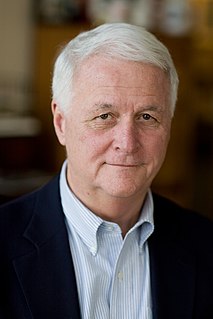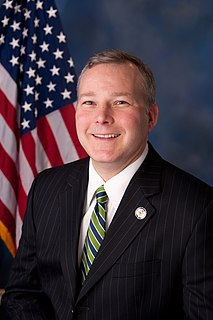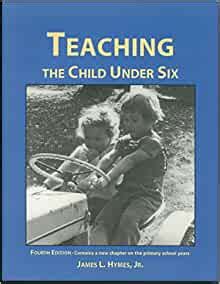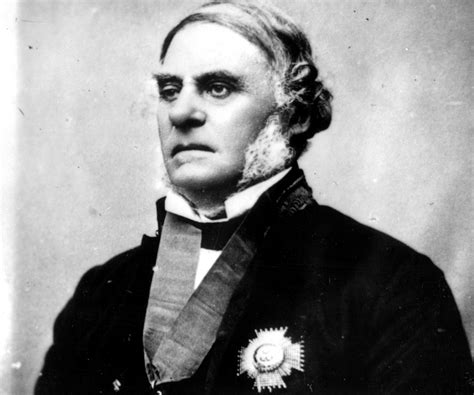A Quote by Bill Delahunt
Governors of both political parties face a stark choice between unpopular tax increases and drastic cuts in Medicaid, education, public safety and other essential services.
Related Quotes
At the start of the second decade of the 21st century, young people all over the world are demonstrating against a variety of issues ranging from economic injustice and massive inequality to drastic cuts in education and public services. These demonstrations have and currently are being met with state-sanctioned violence and an almost pathological refusal to hear their demands.
Over the past 100 years, there have been three major periods of tax-rate cuts in the U.S.: the Harding-Coolidge cuts of the mid-1920s; the Kennedy cuts of the mid-1960s; and the Reagan cuts of the early 1980s. Each of these periods of tax cuts was remarkably successful as measured by virtually any public policy metric.
We need quantitative assessments of the success of education. We need certification and qualifications both for teachers and for pupils. It is not a choice between quantity and quality, between access and excellence. Both of these will happen together if people really do believe in the importance of education to change lives.


































